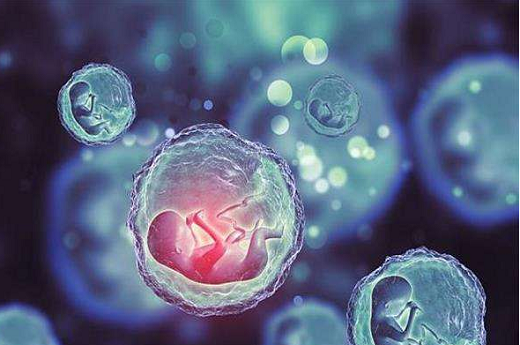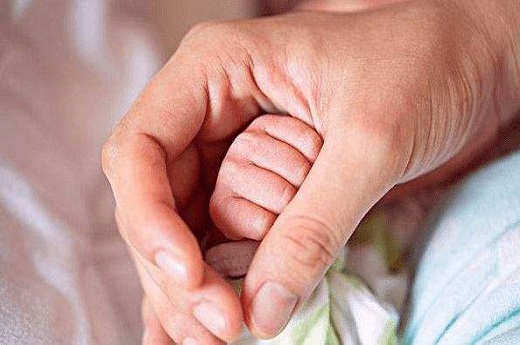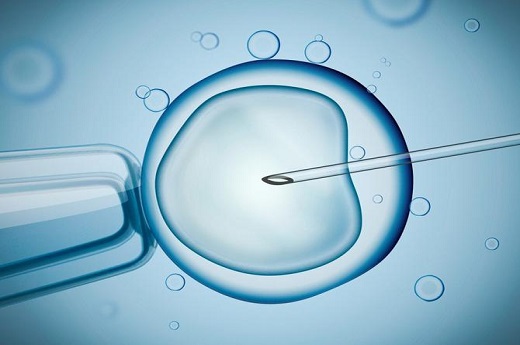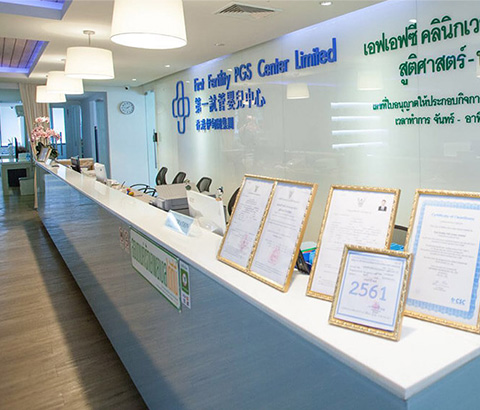In vitro fertilization (IVF) is a medical procedure that involves combining an egg and sperm outside of the body in a laboratory dish. This technique is commonly used to help couples who are struggling with infertility to conceive a child. IVF has revolutionized the field of reproductive medicine and has provided hope to millions of couples around the world.
The process of IVF begins with the stimulation of the ovaries to produce multiple eggs. This is achieved through the administration of fertility drugs. The eggs are then retrieved from the ovaries using a minor surgical procedure. Meanwhile, the sperm sample is collected from the male partner or a donor.

In the laboratory, the eggs and sperm are combined in a petri dish and left to fertilize. After fertilization, the resulting embryos are monitored for several days to ensure their development. The healthiest and most viable embryos are then selected for transfer into the woman's uterus.
IVF is used in cases where traditional methods of conception have failed. It can help couples with various fertility issues, such as blocked fallopian tubes, low sperm count, or unexplained infertility. IVF also offers the possibility of genetic screening, allowing couples to avoid passing on certain genetic disorders to their children.
The success rates of IVF vary depending on various factors, including the age of the woman and the cause of infertility. On average, the success rate for IVF is around 30-40% per cycle. However, it is important to note that multiple cycles may be required to achieve a successful pregnancy.

Like any medical procedure, IVF carries certain risks. These include the potential for multiple pregnancies, ovarian hyperstimulation syndrome, and ectopic pregnancy. It is important for couples considering IVF to discuss these risks with their healthcare provider and make an informed decision.
IVF can be an emotionally challenging journey for couples. The process can be physically demanding, and the emotional roller coaster of hope and disappointment can take a toll on individuals and their relationships. It is important for couples to have a strong support system in place and to seek counseling if needed.
From an ethical standpoint, IVF raises various questions and concerns. Some argue that it interferes with the natural process of conception and raises issues of embryo selection and disposal. Others believe that IVF provides a valuable opportunity for couples to have children and should be embraced.

In vitro fertilization has revolutionized the field of reproductive medicine and has provided hope to millions of couples struggling with infertility. Despite the emotional and ethical considerations, IVF offers a chance for couples to fulfill their dream of having a child. With ongoing advancements in technology and research, the success rates of IVF continue to improve, offering even greater hope for the future.

电视剧《试管婴儿》介绍 电视剧《试管婴儿》是一部以现实题材为背景的剧集,讲述了试管婴儿技术的发展与应用,以及与之相关的道德、家庭关系等问题。该剧通过生动的故事情节和真实的人物形象,深入探讨了试管婴儿技术对社会和个人的影响,引发观众对生命、家庭和人性的思考。

试管婴儿流精有什么用? 试管婴儿是一种辅助生殖技术,旨在帮助那些无法自然受孕的夫妇实现生育梦想。在试管婴儿过程中,流精是其中的一个关键步骤。下面我们将详细介绍试管婴儿流精的意义及其用途。 试管婴儿流精是指通过人工手段从男性身体中提取jz,然后在实验室中与女性的卵子

试管婴儿是指通过体外受精(IVF)或胚胎移植(ET)等辅助生殖技术,将受精卵在实验室中培养至达到一定发育程度后,再将其植入到女性子宫内,以实现妊娠和分娩的过程。有时候在试管婴儿过程中,会出现碎片多的情况。 试管婴儿碎片多是指在胚胎培养过程中,胚胎发育出现异常,出

试管婴儿的第一针 试管婴儿是指通过体外受精技术,在实验室中将卵子和jz结合,培养成胚胎后再将其植入母体子宫内,使其发育成胎儿并最终出生的婴儿。试管婴儿的诞生为许多不孕夫妇带来了希望和喜悦,与自然受孕的婴儿相比,试管婴儿需要更多的关注和护理,其中包括接种疫苗。

试管婴儿是通过人工辅助生殖技术(ART)在实验室中受精和培养的胚胎,然后将健康的胚胎植入母体子宫中发育成婴儿。虽然试管婴儿技术在解决不孕不育问题方面取得了巨大的成功,但是仍然存在一定的风险,其中之一就是试管婴儿出现畸形的可能性。本文将探讨试管婴儿出现畸形的主

选择合适的地点进行试管婴儿 试管婴儿是一种辅助生殖技术,可以帮助许多不孕不育夫妇实现生育梦想。选择合适的地点进行试管婴儿是非常重要的。以下是一些考虑因素,帮助您确定最佳的地点。 医疗设施和技术 选择一个拥有先进医疗设施和技术的地点非常重要。试管婴儿需要进行多

泰国第一试管婴儿中心位于曼谷市中心四季酒店附近,占地1500平方米,是曼谷大型的泰国试管婴儿医院专科诊所之...

泰国三美泰医院成立于1979年,是泰国同行业中出于领先地位的私立医院集团。其中的总院三美泰素逸坤医院,位于...

泰国威它尼医院是一所在泰国领军的泰国试管婴儿医院,同时面向本地和国际病患。自1994年成立以来,一直提供更...

泰国康民国际医院,泰国试管婴儿医院创立于1980年,2002年首获全亚洲第一个JCI国际医疗认证。位于泰国曼谷的核...